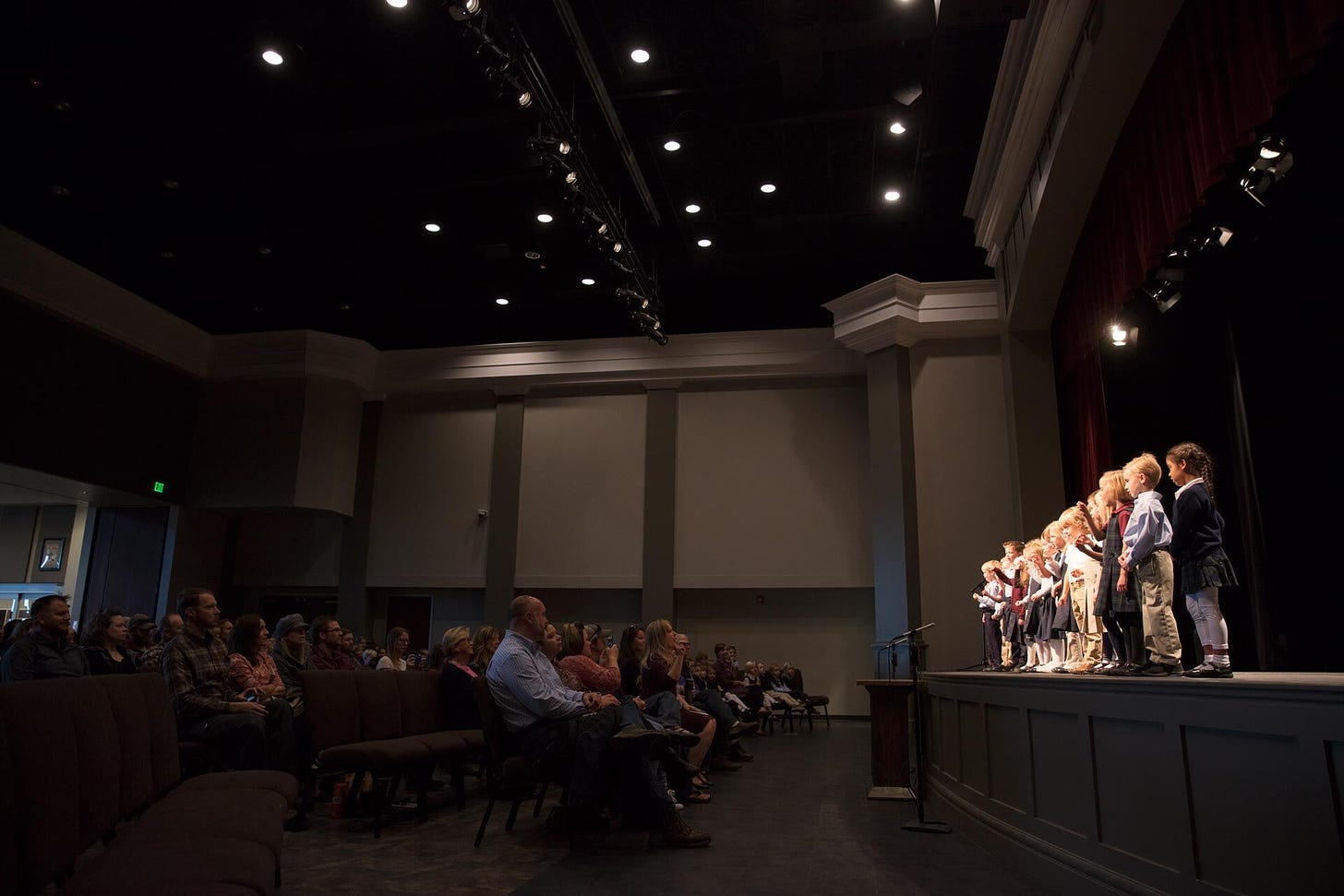On Memory
Memory and memorization get a bad rap these days. We are told that, in the era of Google, there is no need to memorize anything anymore. After all, the argument goes, why take up personal hard drive space when everything we need to know is somewhere in the Cloud?
It’s an attractive idea, I suppose, as it appeals to our preoccupation with convenience, but such catalogued memory does us few favors when the Internet’s down.
Memory is not merely for the sake of nostalgia—“that memory-substitute that remembers only backward, and selectively," writes James K.A. Smith in his Comment Magazine editorial, "Memory, Forgetting, and Hope." He continues:
“Nostalgia is the selective memory of traditionalism. Instead of drawing on the past like a well to nourish our imagination going forward, nostalgia mourns a mythical ‘golden age’ while conveniently forgetting the injustices in that history. Nostalgia invokes ‘the tradition’ as a white knight while deflecting your attention from the serfs crushed underfoot. Nostalgia ends up being its own form of forgetting.”
Our Petra Recitations are a monthly opportunity for students to recite on our stage a little of what they are learning in our classrooms. The purpose of all the memory work leading up to these recitations is not to demonstrate how amazing our students’ little hard drives are (though they are), nor is it to gather together and warm ourselves by the nostalgic flames of psalms and poetry from better days gone by. Rather, we learn and memorize and recite because, as Smith continues,
“In our age, bent on ‘progress,’ remembering is a revolutionary act...We’re convinced that there are all sorts of buried treasures in our tradition that can be mined for contemporary challenges. Nourishing intellectual water lies in the deep wells of Christian heritage—and yet, all too often, we don’t realize we’re dying of thirst even while slurping up any ‘new’ thing. There are bottles of joy and wisdom and imagination in the Christian cellar that prior generations have abandoned.”
The psalmist writes in Psalm 71:17-18,
“O God, from my youth you have taught me, and I still proclaim your wondrous deeds. So even to old age and gray hairs, O God, do not forsake me, until I proclaim your might to another generation, your power to all those to come.”
We have nothing to proclaim without the memory of that which we have been taught. At Petra, ours is an invitation (once again, a la Smith),
“to take, eat, remember, believe: this is the rite of a stretched people who know how to hope because they know how to remember.”
This is why we gather for our elementary recitation each month, and why we are planning our first-ever secondary recitation later this week. Perhaps one day, we will have a parental recitation (though I fear most of us have given up on the idea and purpose of memory, reducing it to little more than the process of holding a phone number in our heads before transferring it to our phones).
The degree to which words and ideas have a hold on us has much to do with the degree to which we have a hold on them. As our children learn everything from the Scriptures to “The Skin Song,” may they also learn by way of recitation that there is power in memory – not just to remember the past, but to remember the past for the sake of the present and the future.




